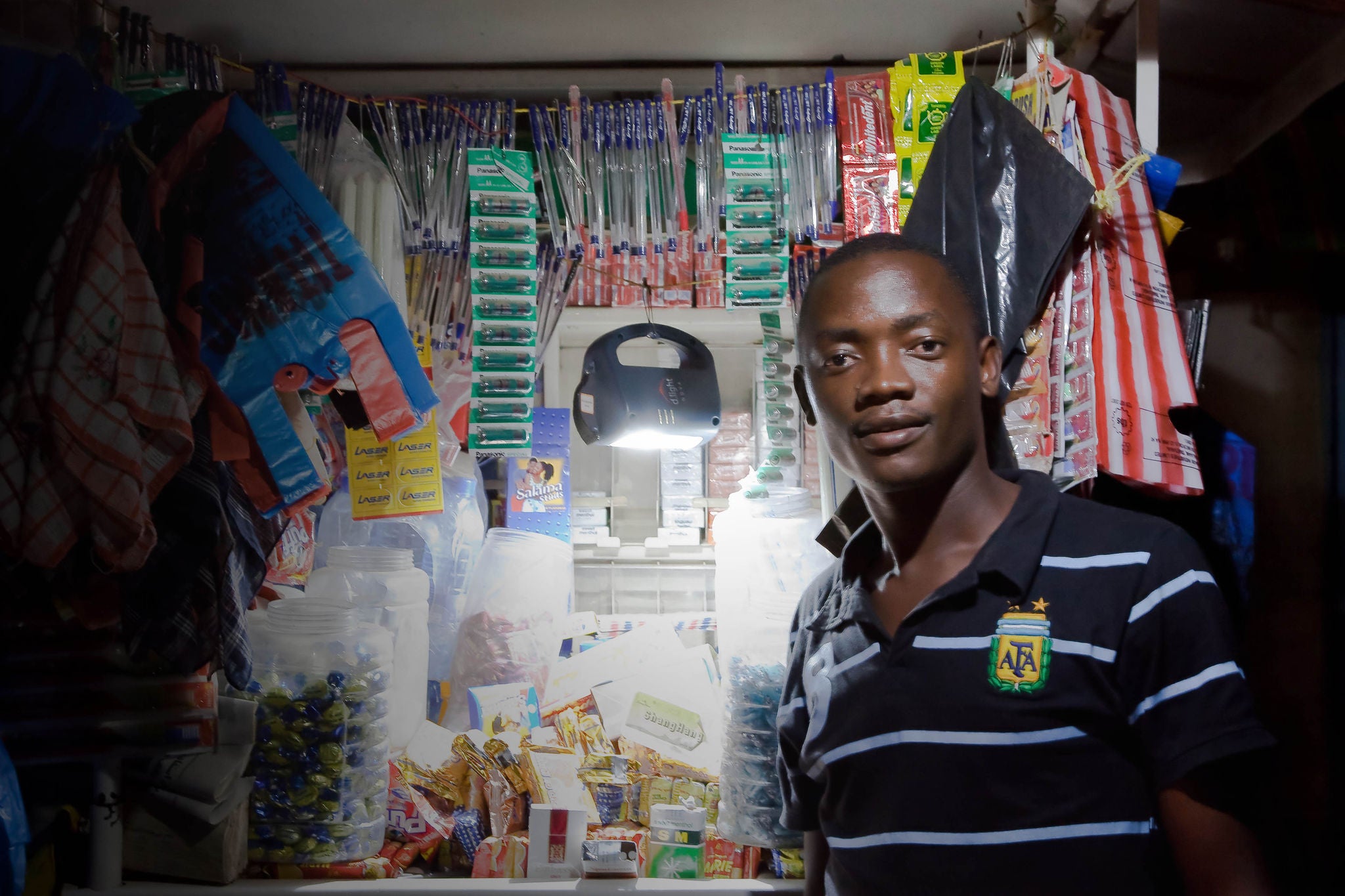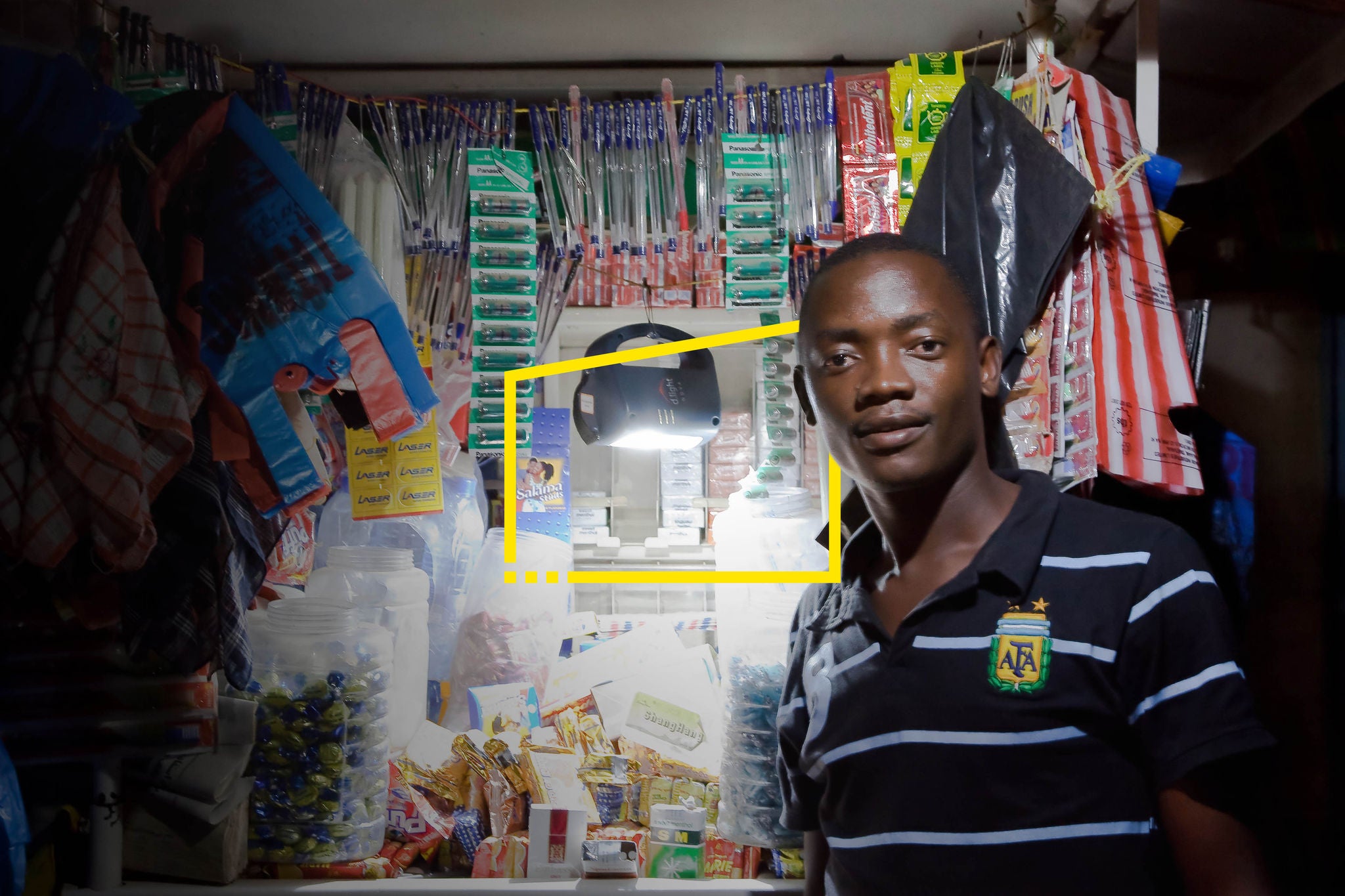EY refers to the global organization, and may refer to one or more, of the member firms of Ernst & Young Global Limited, each of which is a separate legal entity. Ernst & Young Global Limited, a UK company limited by guarantee, does not provide services to clients.

What more can business do to tackle inequality?
An authentic commitment to inclusive business depends on a more systemic focus on the needs of low-income and marginalized communities.
Three questions to ask
- How might businesses embed serving the needs of low-income and marginalized communities more deeply across all aspects of purpose, strategy and operations?
- How might a more systemic focus on inclusion of these communities help to surface unseen opportunities to generate long-term value for business and society?
- What can businesses of all sizes learn from impact enterprises pioneering market-based approaches to tackling inequality?
At EY, we’ve long believed that capital and talent will increasingly shift from organizations that only create value for shareholders to those who create long-term value for all stakeholders, including employees, customers, suppliers and communities. Organizations that anchor their strategies to a meaningful purpose — with a focus on creating long-term, sustainable impact — are best positioned to benefit from, demonstrate and measure the value they create. We are constantly learning through our own purpose journey and applying the long-term value framework to help define and measure our own ambition, including the goal of mobilizing the global EY network to positively impact one billion lives by 2030.
Building on our work with The Embankment Project for Inclusive Capitalism (EPIC) and the World Economic Forum International Business Council, and our long-standing support of the impact entrepreneurship ecosystem through EY Ripples, a new inclusive business playbook stands as further evidence of our continuing commitment to exploring what more business can do to become truly purposeful, inclusive and sustainable.
Developed in collaboration with global social impact investor Acumen, in this case the focus is on delving deeper into the important role business can play in reducing poverty and inequality, by adopting a more systemic focus on serving the needs of low-income and marginalized communities.
What are low-income and marginalized communities?
“Low-income and marginalized” describes individuals or groups that are excluded from full participation in society. Causes and effects may be multiple, reflecting a multidimensional view of poverty (i.e., poverty of political rights, economic opportunity and social integration, as well as poverty of income). They also intersect with other forms of inequality (e.g., gender, class, age, ethnicity, sexuality), which combine to create systemic barriers to people’s involvement in mainstream economic, political, cultural and social activities.
A roadmap to greater inclusion
With extreme poverty already on the rise as a result of the pandemic — and with climate change threatening to deepen inequality still further as vulnerable communities are hit first and worst by its effects — an economic system that is fairer, more trustworthy and capable of addressing humanity’s most profound challenges is urgently needed.
Business is, of course, a critical actor in forging that system. With revenues bigger than some countries and supply chains that wrap around the globe, business exerts incredible influence over societies and ecosystems. Rightly, people increasingly expect the companies they work for, buy from and invest in to channel their knowledge, resources and influence toward tackling society’s toughest challenges, including social inequality.
As the framework in this playbook illustrates, true inclusion of low-income and marginalized communities calls for a much more systemic approach. This includes not only extending affordable access to life-enhancing products and services, but also providing opportunities for decent employment, distributing value more equitably throughout supply chains, and broadening participation in governance and ownership.
Lighting the road ahead
Looking across this canvas, the playbook lays out practical steps for accelerating progress, whether companies are only just beginning to think about how they might become a more inclusive business or they have already taken significant strides in that direction.
Further inspiration to take those steps is provided in the form of eight extensive case studies. Drawn from past EY Entrepreneur Of The YearTM winners and Acumen investees, these not only serve to illustrate the principles of the framework in action; they also provide deeply personal accounts of the challenges these leaders have faced in innovating new business models and how they’ve overcome them. Spanning multiple sectors and geographies, and businesses of varying sizes, they include:
- Ansaar Management Company (AMC) — a company that’s not only building affordable homes and thriving communities for low-income families in Pakistan, but also creating opportunities for employment for local tradespeople and is 41% owned by its employees.
- Tony’s Chocolonely — an enterprise whose championing of five interrelated sourcing principles is not only intended to make its own chocolate 100% slave free, but also to transform the supply chain practices of “big choco” and make slave-free chocolate the norm across the entire industry.
- Saral Designs — an enterprise whose novel “business in a box” concept empowers local entrepreneurs to profitably tackle the issue of period poverty across South Asia and Africa, slashing the costs of manufacturing and distributing high-quality sanitary napkins.
Above all, these stories illustrate that there need be no trade-off between serving society and running a successful business. As 2020 EY World Entrepreneur Of The YearTM Dr. Kiran Mazumdar-Shaw — whose biopharmaceuticals business, Biocon, also features in the playbook — neatly puts it:
“The success of any organization and the communities it operates in are always interconnected. Capitalism isn’t about making money at any cost. It’s about making good use of capital to create value. ‘Affordable innovation’ is Biocon’s particular expression of what I like to call ‘compassionate capitalism’ — using proven business models and strategies to build a durable foundation for sustainable social development.”
There’s much that businesses of all sizes can learn from the enterprises featured in the playbook and we encourage you to take the time to read, reflect and act on its contents. If it strikes a chord, then, as EY Global Chairman and CEO Carmine Di Sibio has done, we’d also urge you to show your commitment to making capitalism more inclusive, sustainable and trusted by joining fellow leaders around the world in signing up to the Council for Inclusive Capitalism with The Vatican.
Photo credit: d.light
Summary
Tackling deepening inequality is central to inclusive capitalism. It follows that an authentic commitment to inclusive business demands a more systemic focus on the needs of low-income and marginalized communities. A new inclusive business playbook, developed by Acumen and EY, provides a practical framework for how this can be achieved and shares the inspirational stories of impact enterprises that are already lighting the road ahead.
Related articles
How do we celebrate the world’s most visionary entrepreneurs?
EY World Entrepreneur Of The Year™ is the ultimate global competition for entrepreneurs. Learn more.




